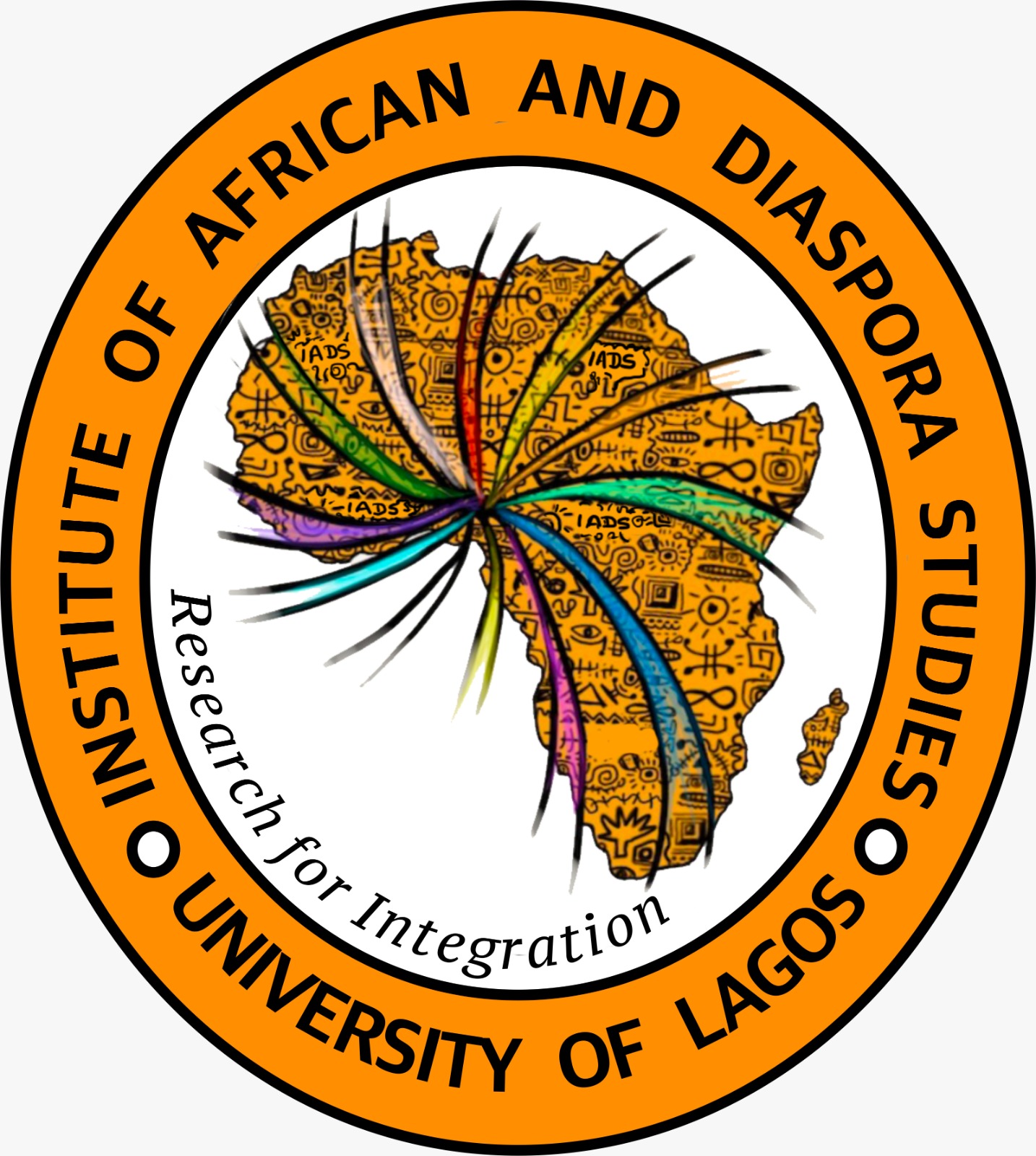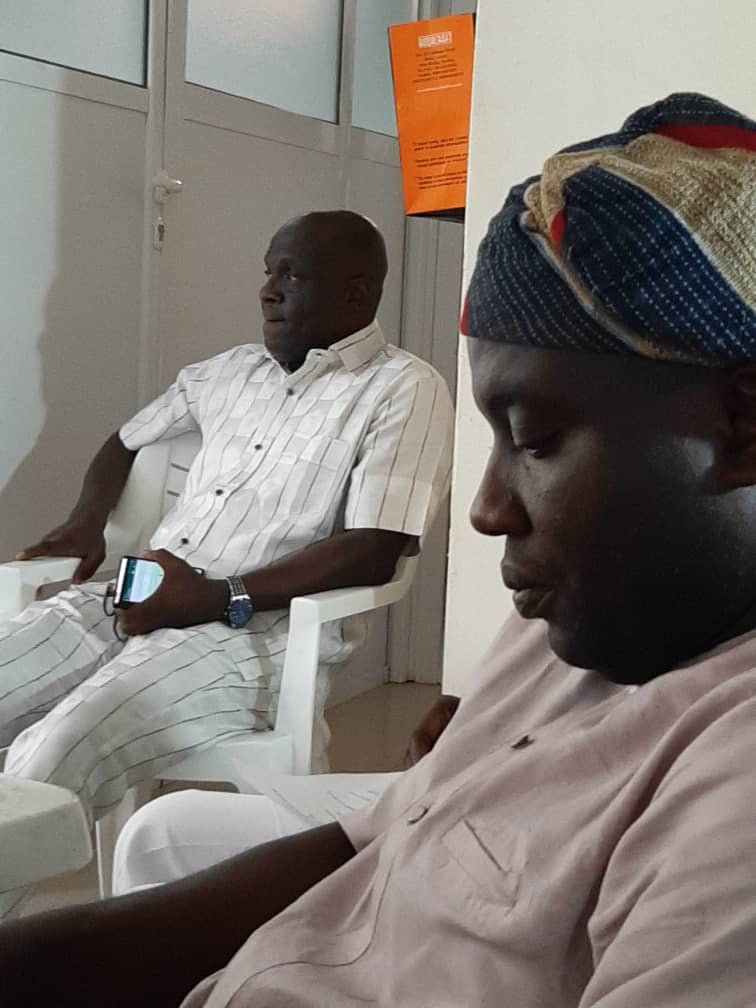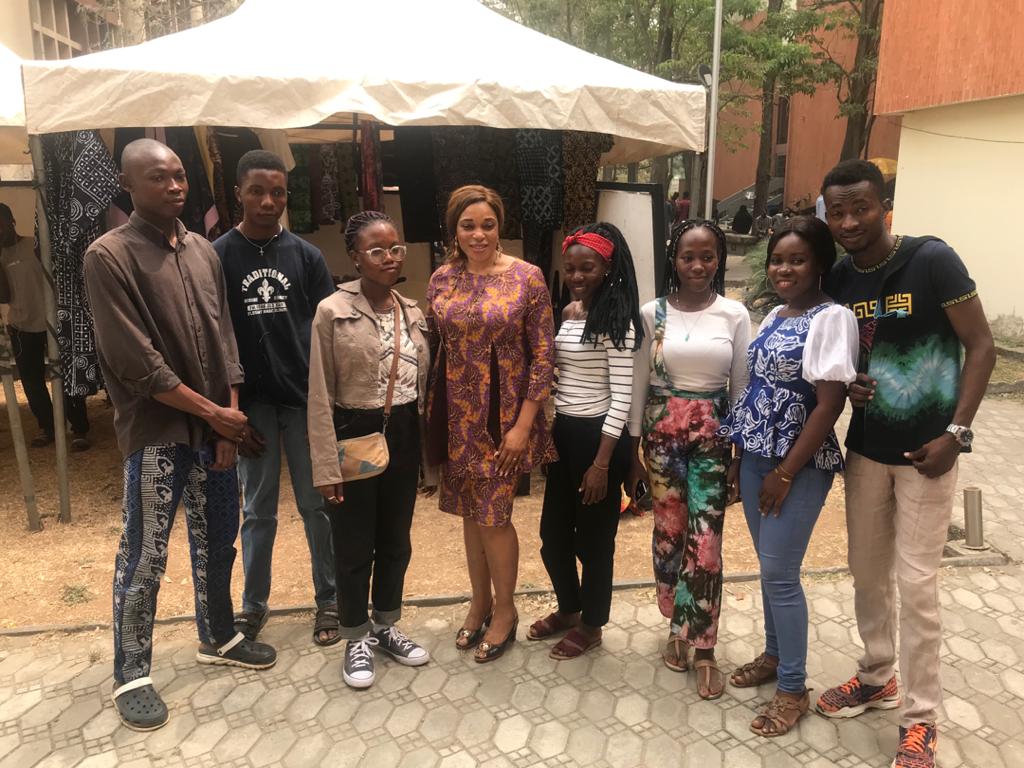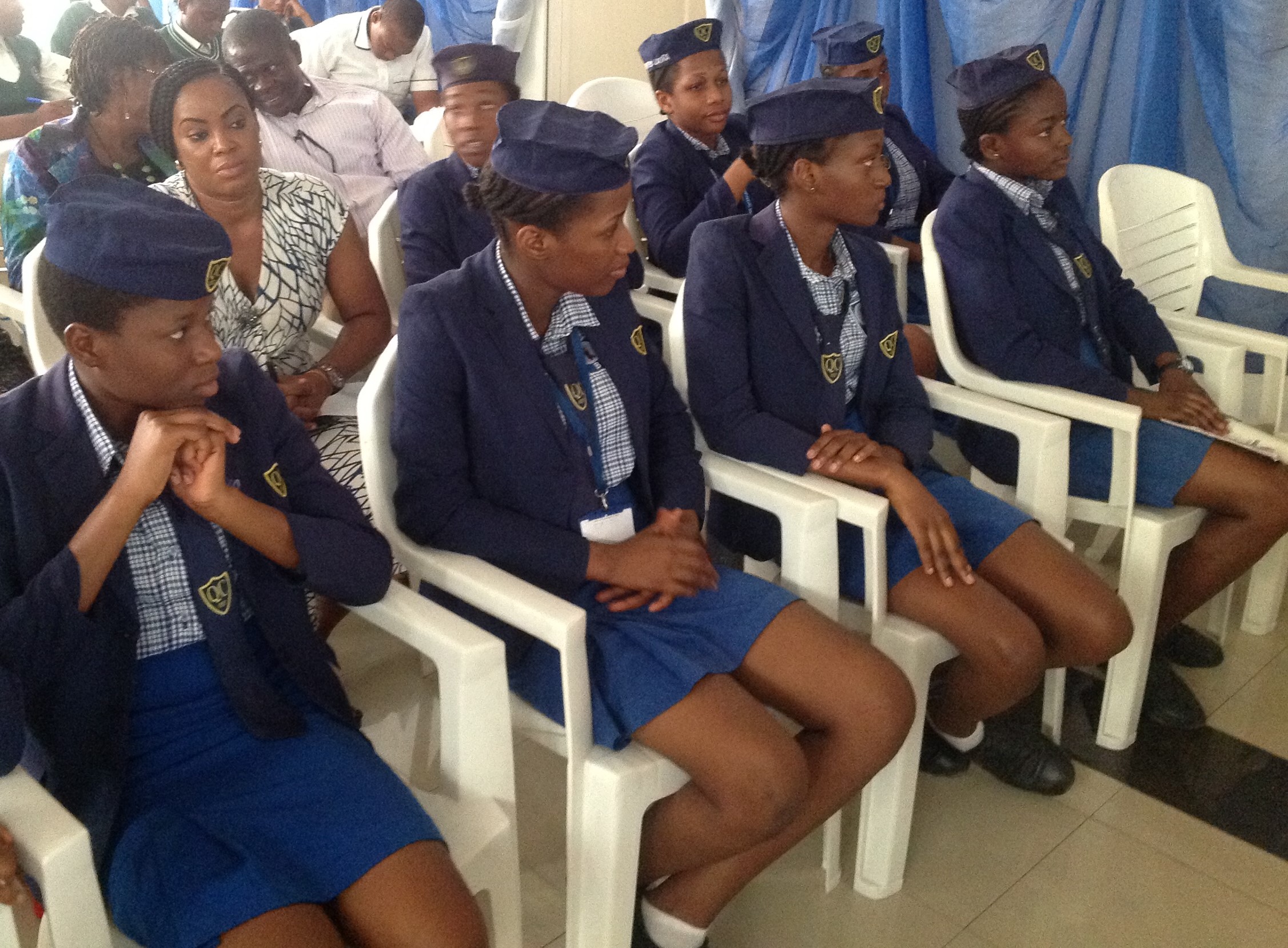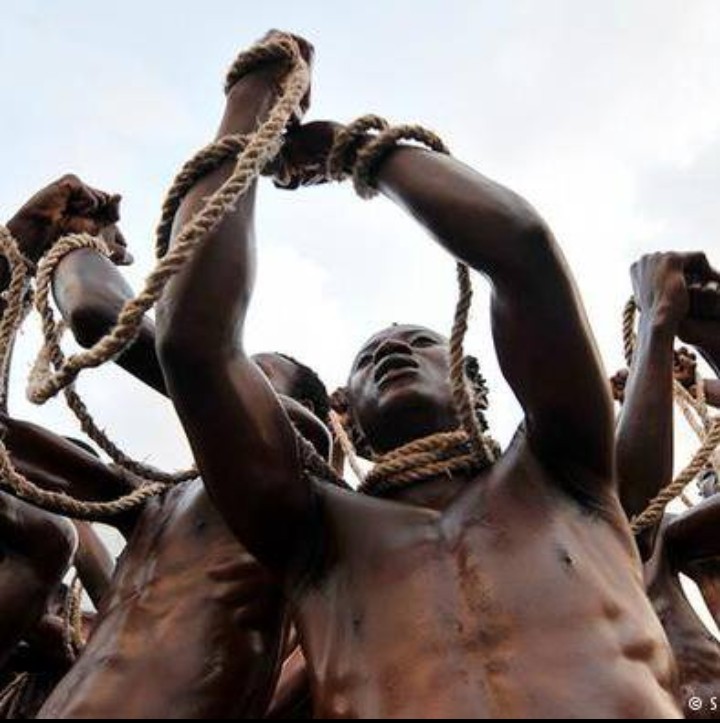Peace and Conflict
This research Cluster studies Conflicts and in Africa. Its focus is primarily centred on investigating and analysing the nature of conflict development in countries and regions of Africa. It studies the roles of governments, agencies and various organs of government in developing policies and strategies for the prevention of conflicts, maintenance and sustenance of peace in the countries. The cluster examines how global diplomatic strategies, programmes and mechanisms for the prevention of conflicts and maintenance of peace are applied in Africa and the ways in which the implementation of their programmes and policies in conflicts in Africa can ensure peace and development. It also interrogates how international bodies, development agents and NGOs collaborate with various African governments to ensure the resolution of conflicts and wars. It equally studies various regional efforts to contain conflicts, maintain peace and alleviate poverty and sufferings are developed, evaluated and sustained.Attention is also focused on the conflict and peace programmes by different organs at the different levels in the continent, their programme structures and the relevance and viability of their policies in Africa as well as the roles and programmes of international and regional bodies like the UN, AU, ECOWAS, and SADEC in the different conflict locations in the continent.
The preponderance of conflicts in many countries and regions of Africa is so widespread that it has developed acomplex web of interests and perspectives. This is particularlyso with the many conflicts raging in almost all parts of the African continent and the emergence of terrorism and violent extremism in the last two decades across the world. Fed by extremist ideologies, far right nationalism, political instability and hate propagandacampaigns and poverty, African-based conflicts have taken on new forms that pose great challenges to conventional efforts, mechanisms and methodologies for tackling conflicts, as is the case across the world; and this is impacting negatively of the continent’s resources, development plans and growth. The rise of terrorism in Africa and the emergence of terrorist networks and groups such as Boko Haram in Nigeria and the Lake Chad Basin; Al Shabab in East Africa operating mainly in Kenya and Somalia;Al-Qaeda in the Maghreb carrying out their operations in Mali, Burkina Faso and parts of North Africa have aggravated the conflicts profile in many regions of Africa. These groups organise and perpetuate some of the most horrendous acts of savagery and extreme forms of terrorist motivated conflicts and Wars in the continent. There are also civil wars and regional conflicts in many african countries in Central and East African countries like Congo, Uganda, South Sudan and Central African Republic. This situation has resulted in the escalation of the nature and ranges of conflicts in Africa across ethnic, sectarian, agrarian, border and political lines; and these have even assumed deeper levels of intensity involving aggravated use of violence and hostility. With development across the world, especially in Europe and the Middle East, conflicts in Africa are getting more intractable, fratricidal and vicious involving unimaginable acts of inhuman treatments, violence, torture, killings, violations and war crimes.
The prevalence of conflicts in many parts of Africa has produced a huge population of refugees and displaced communities, which is taking enormous tolls on the economies and development agenda of the continent. More so, the human costs of the conflicts have grown astronomically that social systems and indigenous structures are under threat. The outcomes of the various wars and conflicts have even produced more dire consequences that tend to impinge on the sustenance of peace in the conflict zones. Issues like the use of child soldiers, abduction and use of women as weapons, ethnic cleansing, genocides, starvation, etc. deserve serious study and intellectual engagement. Famines, destruction of farm lands, invasion of farms and bombing of religious houses, schools and markets are some of the fall outs of the conflicts that even several years after the cessation of conflicts that attainment of peace may be difficult. Understanding these phenomena and the processes that produce them are necessary in conflict resolution and peace management in Africa.
